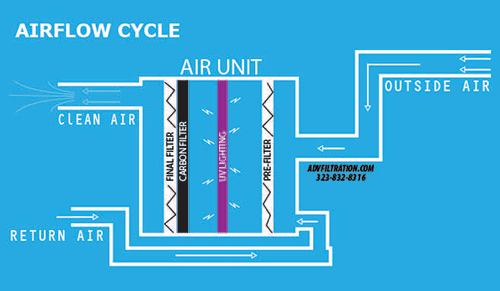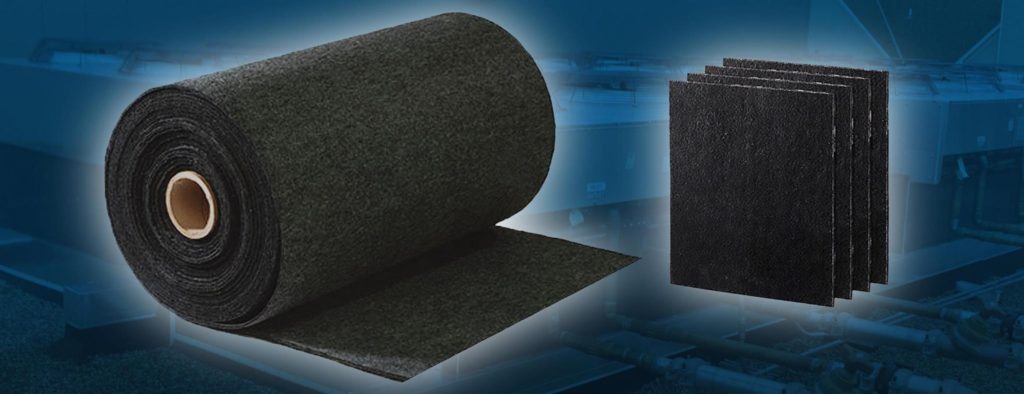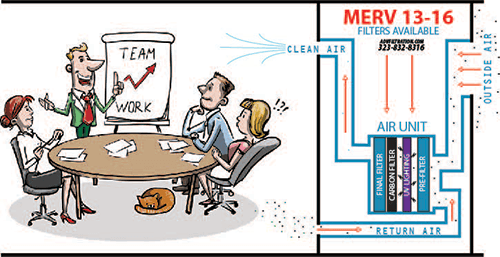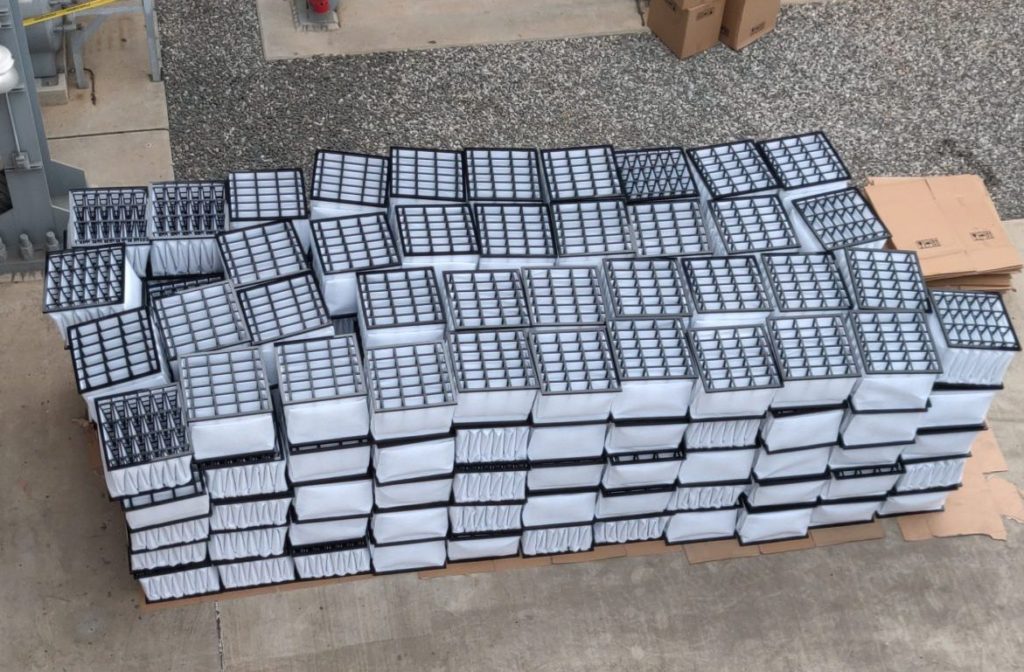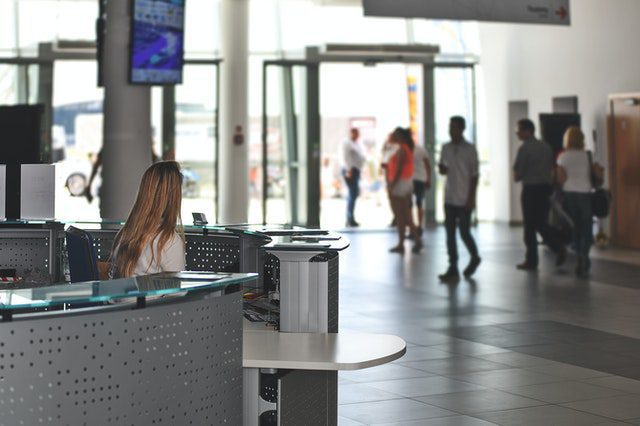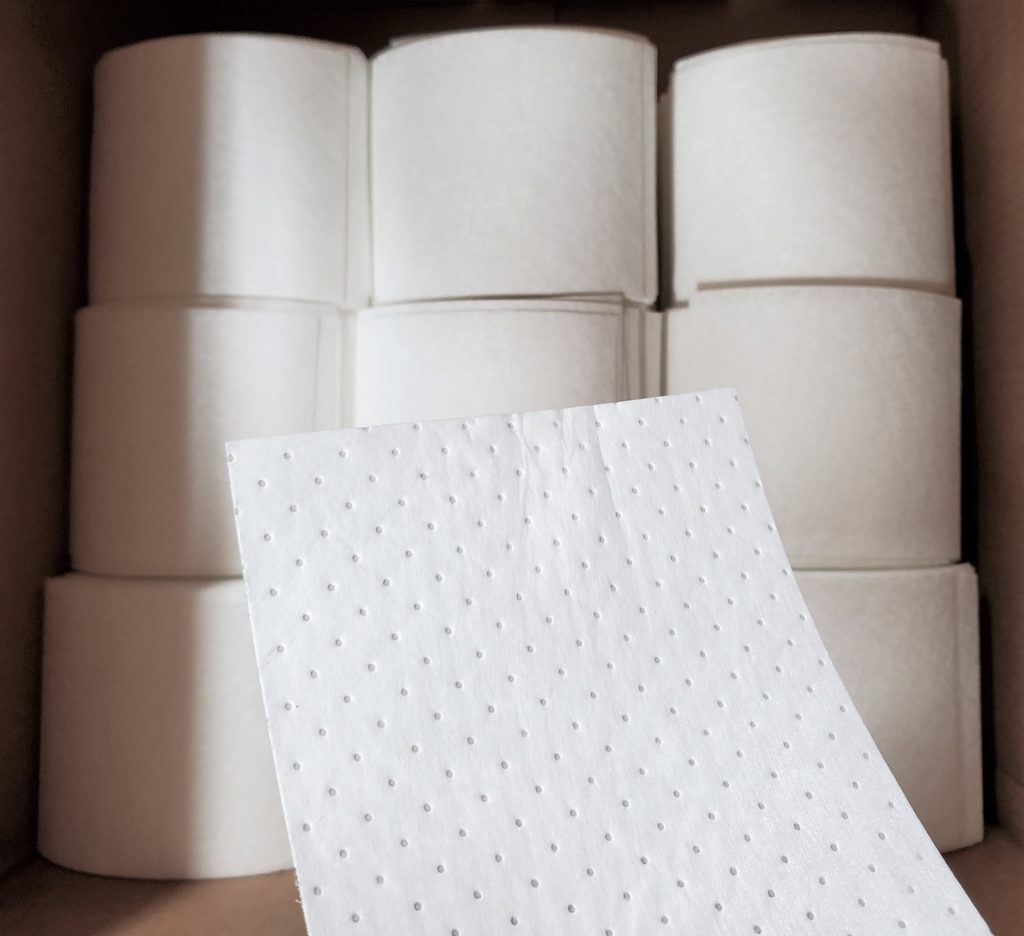Activated Carbon Air Filters
The recent Silverado Fire is lowering the air quality around surrounding cities. It’s obvious that what we breath in affects our health. Here at Engineered Filtration Systems, we manufacture a line of activated carbon air filters. Our filters are designed to effectively remove particulates, as well as, a wide range of odors, dust, and gases that contaminate indoor air quality.
Why Activated Carbon Air Filters?
The activated charcoal in carbon filters are used to trap gasses. This removes them from the air and increases the air quality. Although you need a quality air filter to remove dust, pollen and other small particles, the carbon filters help in removing the odors and other smells. The carbon air filters simply adsorbs the gases known as VOCs. These gases stick to the activated charcoal.
EFS Gas Phase Carbon Vbank Filter
Our GPC.V carbon filter is designed to filter particles while removing odors. Also maintaining efficiency at high airflow rates. Great to use for building using high end air conditioning and indoor climate control systems. We also have activated carbon air filter media available. This allows you to add the benefits of activated carbon to current air systems. We offer custom cutting as well.
Removing Odors
As of late, Air quality has been decreasing drastically and the winds aren’t helping make it any better. In fact, it’s been spreading the smoke throughout our air. Keeping our windows closed helps keep the smoke out. But, be sure to filter the inside air to improve IAQ. Using a carbon filter will help reduce the odors from smoke by trapping gases to the activated charcoal. However, because the VOCs attach to the outside of the activated charcoal, it may fill up quick. Be sure to replace your filters often to keep the performance at optimal levels. If you have any questions, need any help, or just want some recommendations, please, don’t hesitate to contact us.


